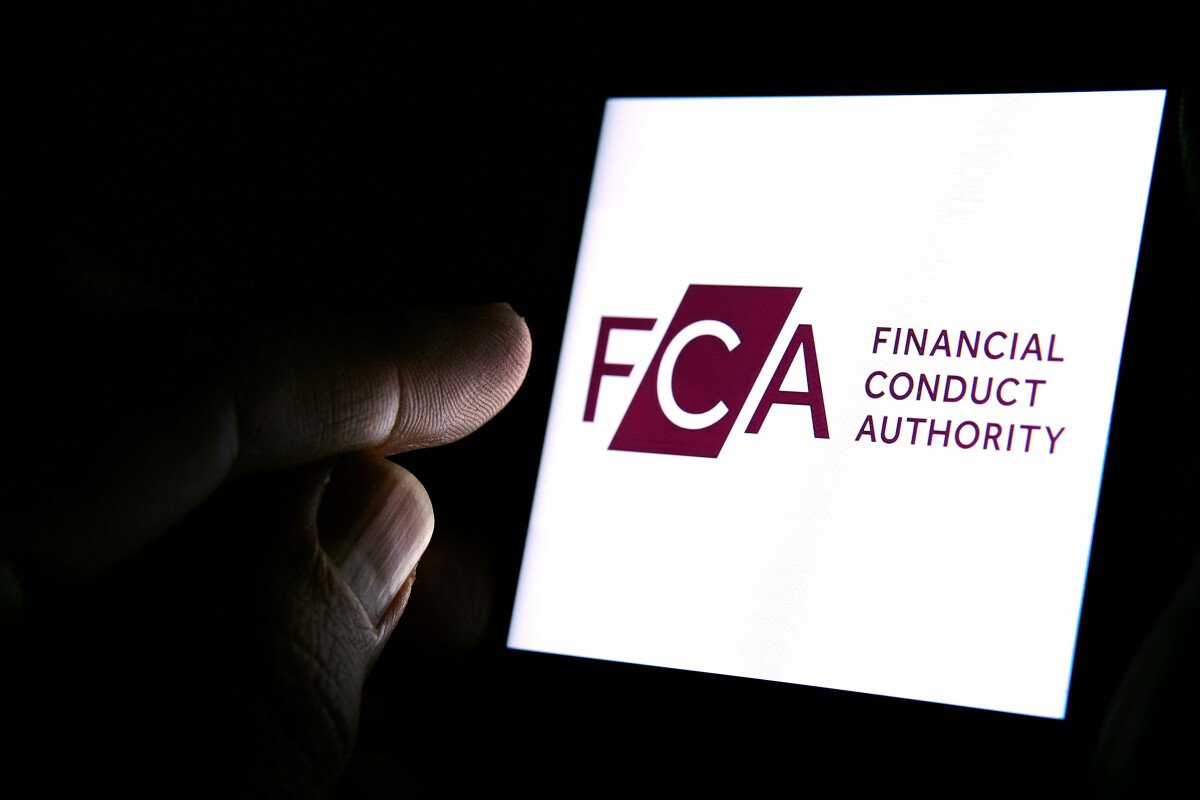Former FCA Chair Reveals Pressure to Approve Crypto Firms Facing U.S. Investigations

The UK’s financial watchdog was forced to welcome cryptocurrency firms into the British market, according to Charles Randell, the former chairman of the Financial Conduct Authority (FCA).
During a conference hosted by the Bank of England’s Prudential Regulation Authority, Randell said the FCA came under “political pressure” to approve crypto companies, highlighting the influence that elected officials had on independent regulatory bodies.
“In the context of crypto, in my experience as FCA chair, was that there was a lot of political pressure to welcome firms, some of which are now under criminal investigation by the US Department of Justice. And all the evidence that we had at the FCA was that wasn’t a very good idea,” he said.
Echoing the same sentiment, FCA CEO Nikhil Rathi told a committee in the House of Lords last November that they faced some criticism for restricting Binance and issuing warnings about its supervision.
That came after the FCA placed limitations on Binance, preventing it from engaging in regulated activities in the UK without prior written consent.
Randell said that political pressure indicates a broader governance challenge regulators face in the country.
“How do you embed the safeguards against agency capture – either by the industry or selected industry interests, or actually by political interest?”
Randell’s tenure as FCA Chair ran from April 2018 to May 2022, meaning he might have overseen several of the 43 firms currently approved to offer crypto services in the UK, which include Bitpanda, Gemini, and Revolut.
Crypto Companies Under Scrutiny
Randell’s comments come as many crypto companies have faced regulatory pressure in the US and other parts of the world.
Binance and its co-founder, Changpeng Zhao, faced allegations from the US Securities and Exchange Commission (SEC) of operating a scheme to evade US federal securities laws.
In another case, Sam Bankman-Fried, the founder of FTX, has been charged with fraud, conspiracy to commit money laundering, conspiracy to defraud the US, and violations of campaign finance laws.
US prosecutors accuse him of misappropriating billions of dollars in FTX customer funds to cover losses at his Alameda Research hedge fund. Bankman-Fried has pleaded not guilty to the charges.
Meanwhile, the UK has ramped up efforts to regulate the digital asset sector.
Back in June, the country passed legislation to regulate cryptocurrencies and stablecoins as part of its broader financial regulatory reforms post-Brexit.
The new law, dubbed the Financial Services and Markets bill, has granted regulators the authority to establish a tailored framework for the digital asset sector, supporting crypto’s “safe adoption in the UK.”
The bill also granted the Bank of England (BoE) the power to establish a regime for systemic stablecoins.
Furthermore, the UK central bank released a consultation response on systemic stablecoins last month, which agreed on co-supervision arrangements by the BoE and FCA.









